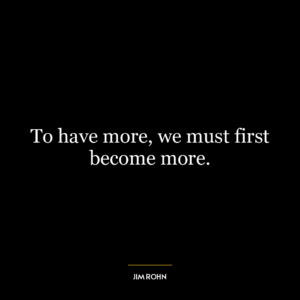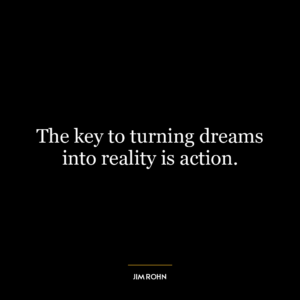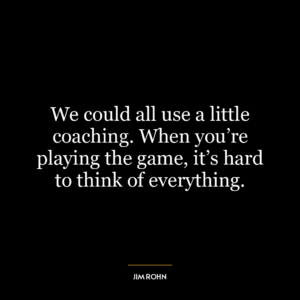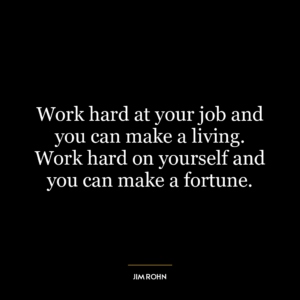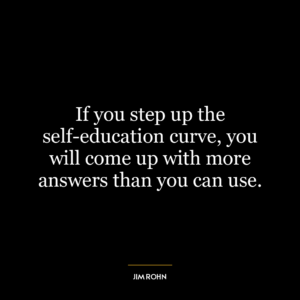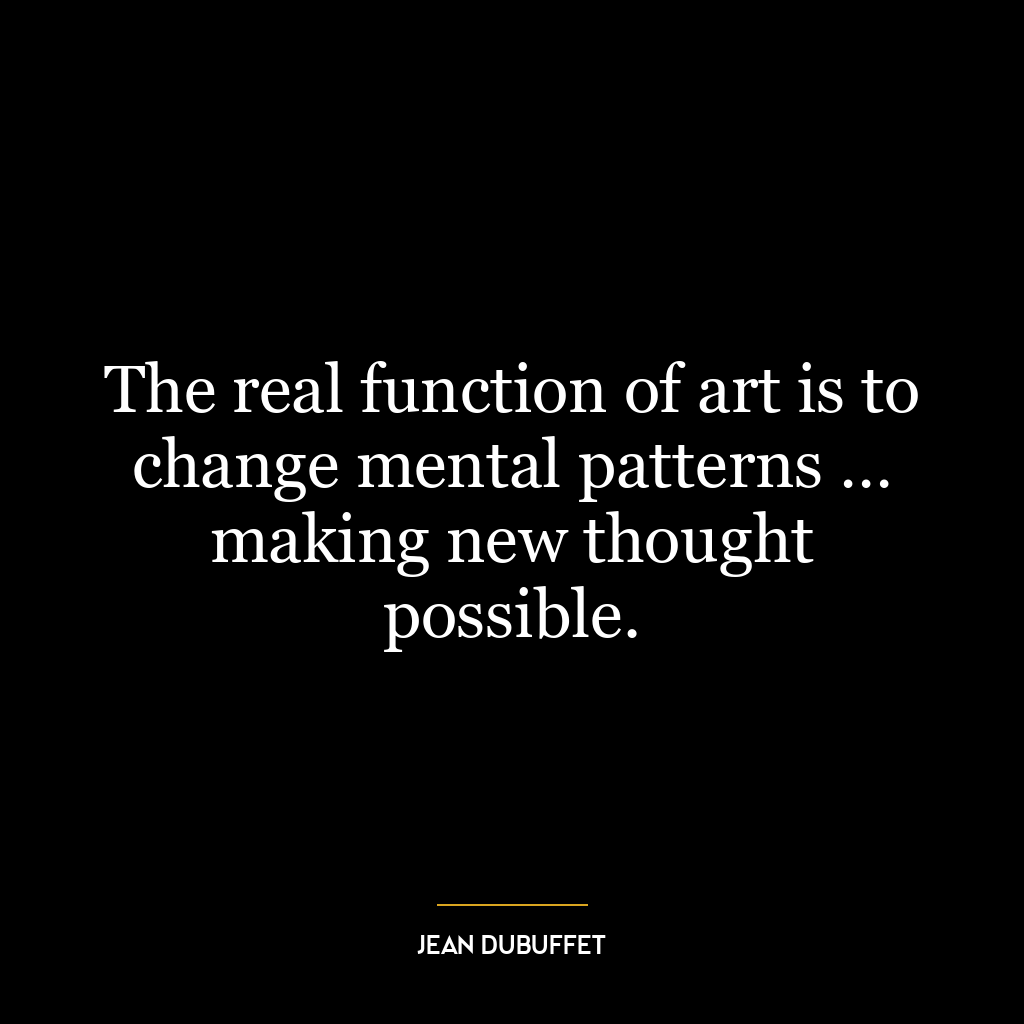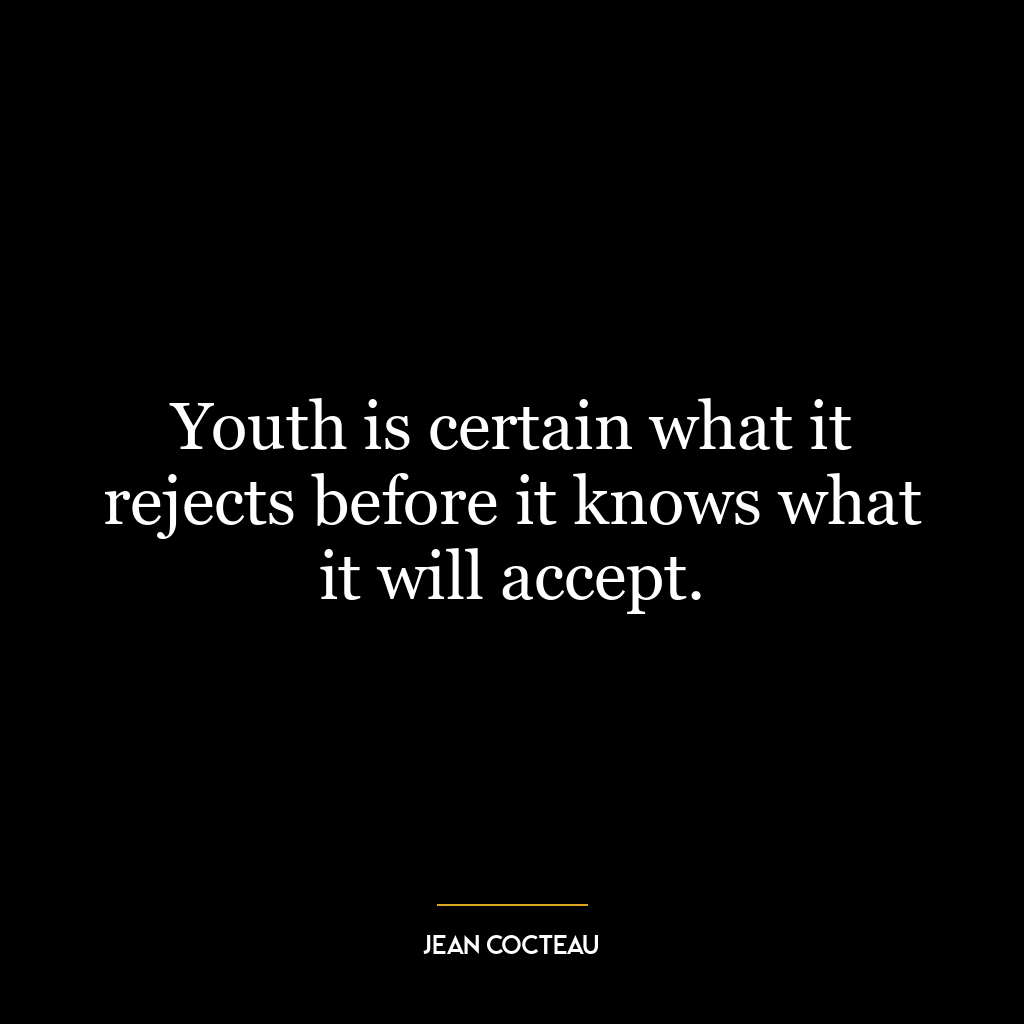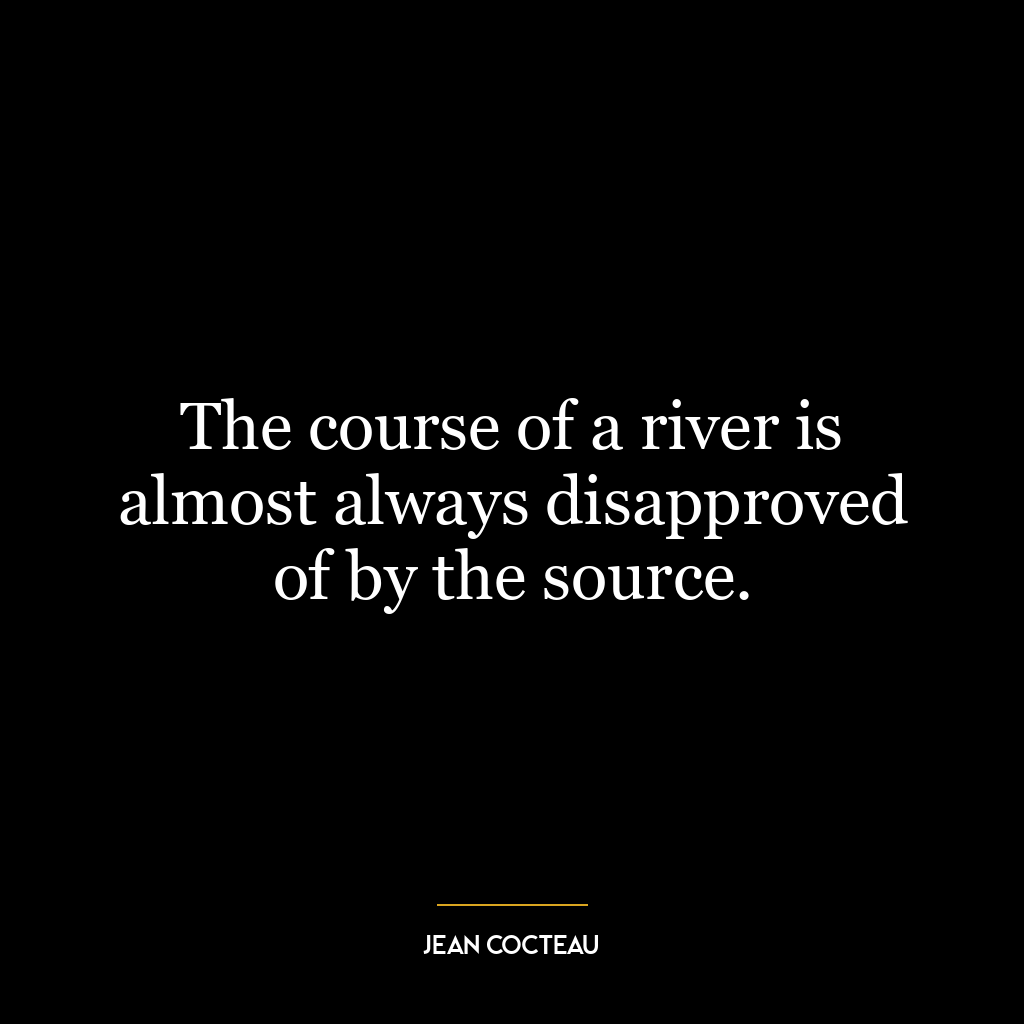This quote by Jim Rohn, “I’ve discovered that you can’t change people. They can change themselves,” encapsulates the idea of personal responsibility and autonomy in the realm of change. Essentially, it suggests that no matter how much you might want someone to change, or how hard you try to influence them, the ultimate decision and effort must come from the individual themselves.
Change is a deeply personal and often challenging process that involves self-reflection, acknowledgment of one’s own flaws or shortcomings, and a commitment to improvement. When external forces try to impose change, it may be resisted or rejected because it wasn’t self-initiated. The individual might feel controlled or manipulated, leading to resentment and defiance rather than genuine transformation.
In the context of personal development, this quote emphasizes the importance of self-motivation and self-determination. It suggests that meaningful and lasting change can’t be imposed from outside, but must be sparked from within. This is not to say that external influences, such as educators, mentors, or therapists, can’t guide or support a person’s journey toward change. However, the ultimate responsibility lies with the individual.
In today’s world, this principle can be applied in various contexts. In the workplace, for instance, instead of forcing employees to change through strict policies or punitive measures, managers could create an environment that encourages self-improvement and personal growth. In relationships, it suggests the importance of accepting people as they are, rather than trying to mold them into who we want them to be. In societal issues, it underscores the need for self-awareness and personal responsibility in addressing biases and prejudices.
In summary, Rohn’s quote is a reminder that meaningful change is an inside job. While we can inspire, educate, and support others, we can’t make them change. They have to want it, choose it, and work for it themselves.




